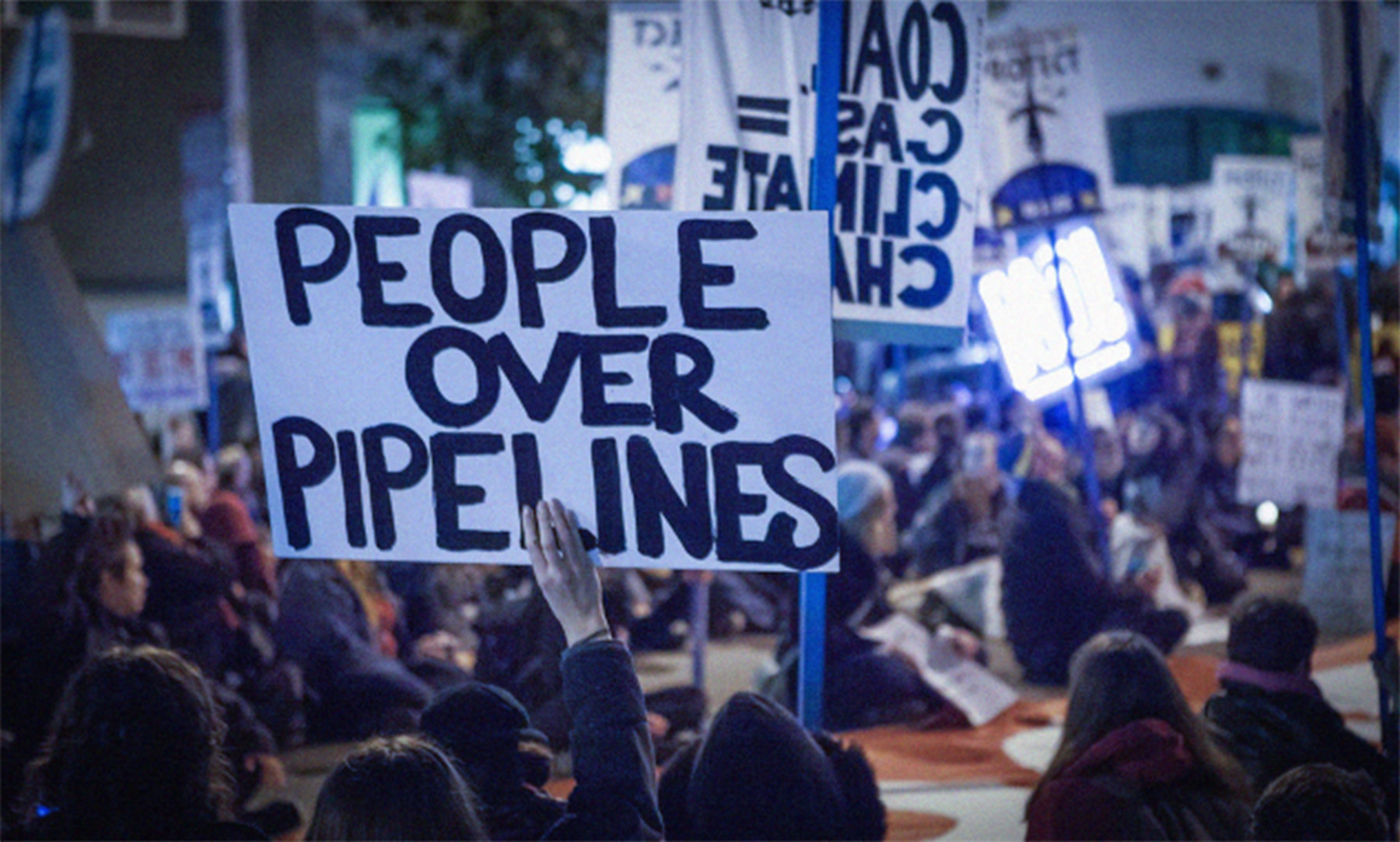READ THE FULL REPORT HERE.
OTTAWA—Canadian mining companies continue to target environmental policy and resource management decisions in developing nations through increasingly costly investor-state lawsuits that threaten human rights, sustainable development and action on climate change, according to new analysis released today by the Canadian Centre for Policy Alternatives (CCPA).
“Investor-state dispute settlement (ISDS) is a system custom-built for powerful corporate interests, especially in the fossil fuel and extractives sectors, to challenge government climate policy, conservation efforts, and land use policies that may interfere with their profits,” says Hadrian Mertins-Kirkwood, senior researcher at the Canadian Centre for Policy Alternatives and author of the new report, On the Offensive: How Canadian companies use trade and investment agreements to bully foreign governments for billions.
The CCPA report confirms the assessment of the Intergovernmental Panel on Climate Change, in its 2022 report, that actual or threatened investor-state dispute settlement cases could lead to countries delaying or even refraining from introducing new environmental measures for fear of triggering costly and often speculative lawsuits.
“As this research shows, the dangers of the ISDS system for climate action and sustainable resource management are especially pronounced in the Global South, where domestic budgets are more vulnerable to claims from powerful fossil fuel and mining companies.”
Among the CCPA report’s findings:
- Canadian investors have initiated at least 56 ISDS claims against countries outside North America, which is 13 more than were recorded in Mertins-Kirkwood’s 2019 report on Canadian ISDS cases, Digging for Dividends.
- Canadian investors in the mining, oil and gas industries were behind 70 per cent of Canadian ISDS cases outside North America even though the extractive sector accounts for only 16 per cent of Canadian direct investment outside North America.
- Canadian investors targeted developing and transition countries in 86 per cent of Canadian ISDS cases outside North America: 26 cases in Latin America, 12 in Asia, and nine in Africa. The countries most frequently challenged are Venezuela (seven cases), Colombia (five), Ecuador (four), and Kazakhstan (four).
- The most common sources for Canadian ISDS claims are energy policy and resource management decisions (24 cases, or 43 per cent), followed by environmental policies (12 cases, or 21 per cent).
- Between tribunal decisions and settlements, Canadian investors have been awarded US$10.2 billion in compensation. The average claim involving a Canadian investor is an astonishing US$1.3 billion and the average award or settlement is US$929 million—nearly four times the rolling average award from all known international ISDS cases in 2020 (about US$250 million).
- The largest single payout involving a Canadian investor is the US$5.84 billion that Pakistan was ordered to pay Tethyan Copper, co-owned by Barrick Gold, in 2019 for refusing to grant the firm a mining licence. Despite investing only US$220 million in the project, the ISDS tribunal demanded Pakistan compensate Tethyan/Barrick as if the mine had gone ahead and earned healthy profits.
“These figures represent enormous costs to the countries involved, many of which are very poor. In the Democratic Republic of Congo, Pakistan, and Venezuela, the damages incurred from Canadian ISDS lawsuits amount to more than 2 per cent of those countries’ GDP,” says Mertins-Kirkwood. “The ‘regulatory chill’ created by these cases poses a direct and immediate threat to sustainable resource development and strong environmental policies.”
The report recommends that the Canadian government seek to remove ISDS from its existing trade and investment agreements, as it recently did in the renegotiated Canada-United States-Mexico Agreement (CUSMA), and to exclude such a system from future treaties.
–30–
On the Offensive: How Canadian companies use trade and investment agreements to bully foreign governments for billions is available for download on the CCPA website.
For more information or to arrange interviews contact: Alyssa O’Dell, CCPA Media and Public Relations Officer, at 343-998-7575 or [email protected].

